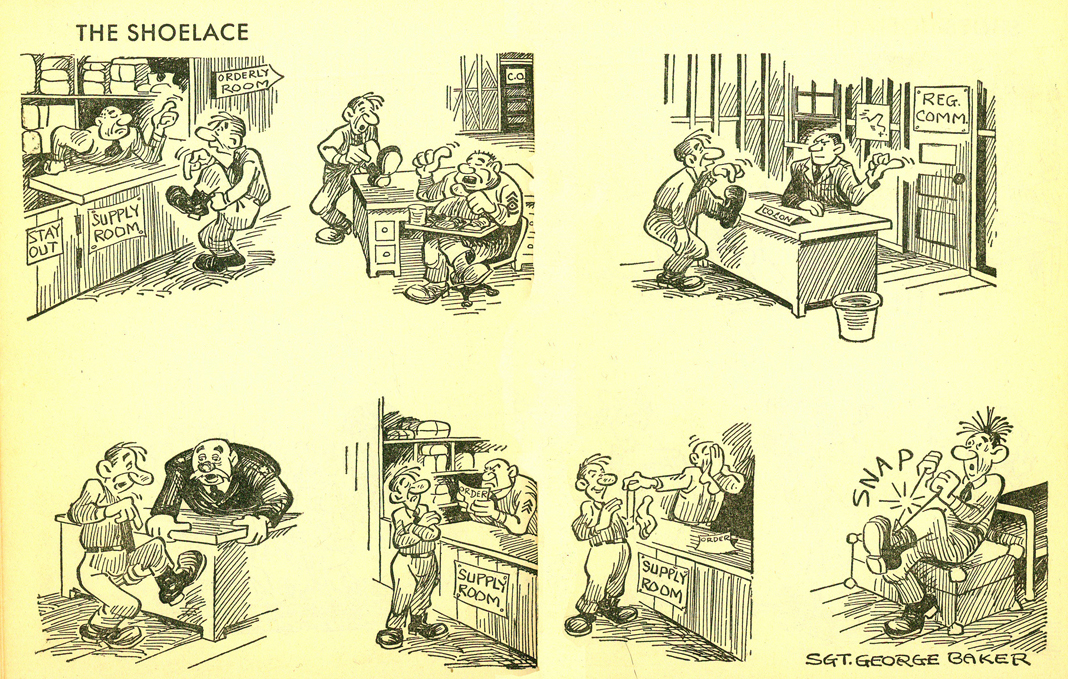Harp
I'll Lock Up
- Messages
- 8,508
- Location
- Chicago, IL US
"The Finishing School" by Muriel Spark from 2003
Yes, the Muriel Spark who wrote "The Prime of Miss Jean Brodie."
Culled a Muriel Spark article off The New Criterion the other day. Love her; Brodie, book n' flick.



